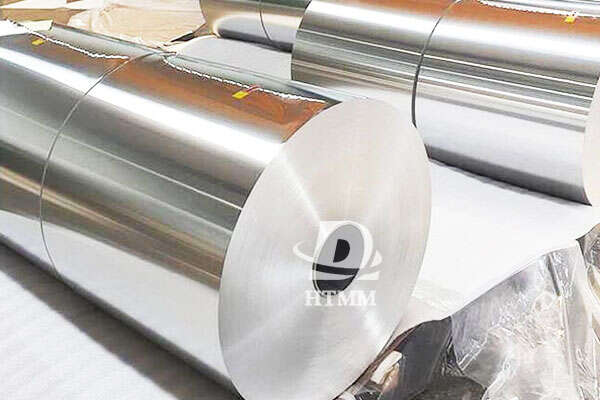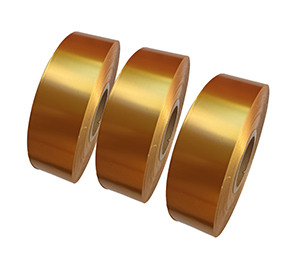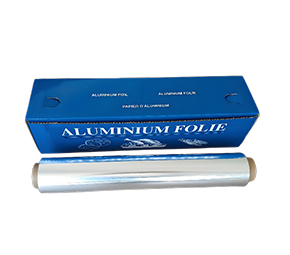
Yes, aluminum foil is a good insulator. This is because it prevents heat radiation by reflecting the heat back. Compared to aluminum, other materials only slow down the rate at which heat flows from one area to another, but aluminum foil reflects heat dissipation and is therefore often a better insulator.
Since aluminum foil reflects light, it can be used for insulation, especially in areas where heat protection is required. When used with other materials, it can also be used in heated areas. Other materials (such as paper and cotton) don't have the reflectivity of aluminum foil, so they don't keep it reflective when the sun goes down. The aluminum foil keeps the hot area hot because it will be kept in hot air. Compared to aluminum foil, paper and cotton will release heat at a faster rate. Aluminum foil keeps things like wires or pipes insulated, because aluminum foil traps air when wrapped around objects. However, this can be achieved for several purposes, not just aluminum foil.
Adding insulation to your home is an easy way to save energy costs. Aluminum foil, also known as tin foil, is an excellent insulator and in some cases has better performance than materials such as cotton or paper. However, aluminum foil is not suitable in every case, so the correct use of aluminum foil is an important part of energy conservation.
Insulating the room with aluminum foil in summer can help prevent sunlight from entering the room and reduce the temperature. Cover all windows completely with aluminum foil and secure with heavy tape, such as tape. Glossy surfaces will reflect the rays of sunlight. You can also insulate cold foods when they are near the sun. For example, wrapping a cold soda can with aluminum foil keeps it frozen. Adding a layer of bubble paper between aluminum foil and soda can keep it cooler for longer.






